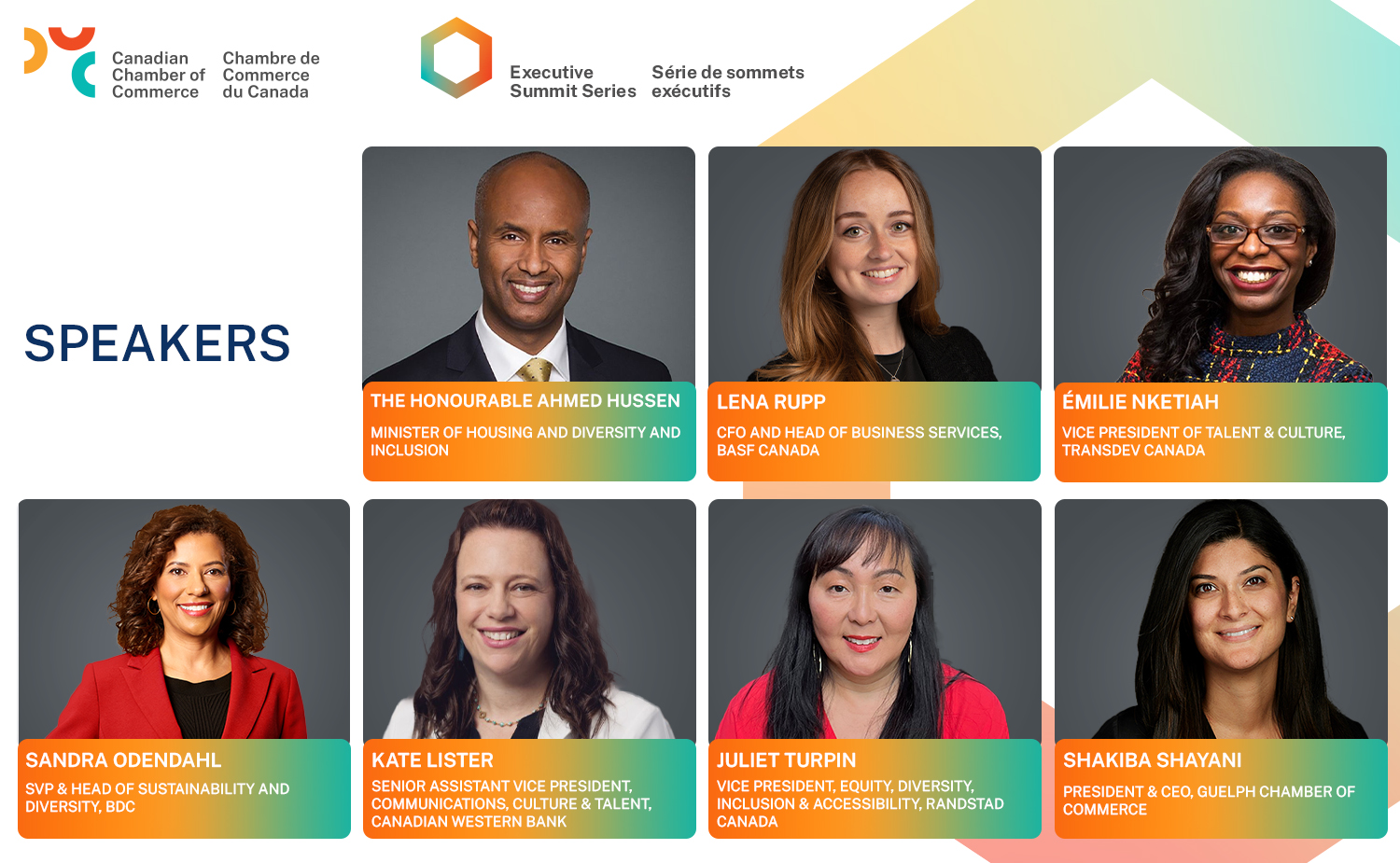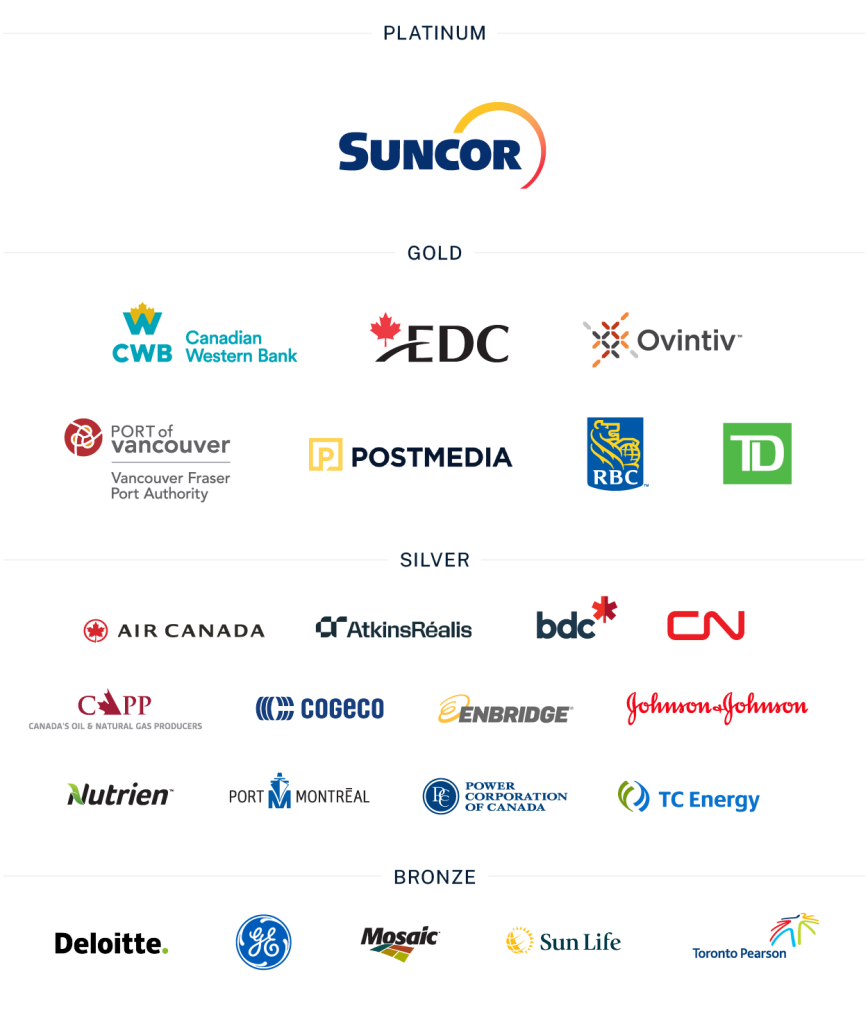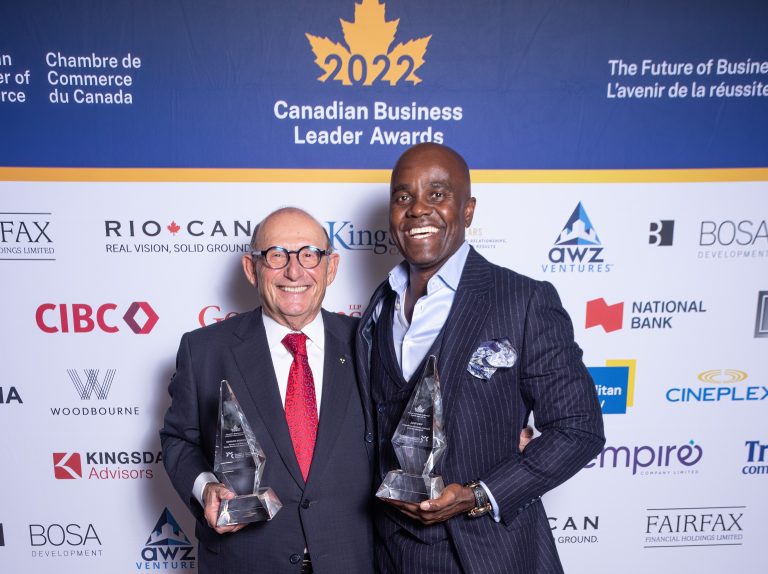Blog /
Diversity, Equity & Inclusion Executive Summit: What We Heard
Diversity, Equity & Inclusion Executive Summit: What We Heard
We kicked off the fourth event in our 2023 Executive Summit Series on Wednesday, May 3 with an in-depth discussion...

We kicked off the fourth event in our 2023 Executive Summit Series on Wednesday, May 3 with an in-depth discussion on the current state of diversity and inclusion in corporate Canada and the different ways through which the private sector is making progress and moving from awareness to action.
Read on for the Summit’s key takeaways!
Diversity is a fact; inclusion is a choice.
The Honourable Ahmed Hussen, Minister of Housing and Diversity and Inclusion
Keynote Address and Fireside Chat: The Honourable Ahmed Hussen, Minister of Housing and Diversity and Inclusion
Key Takeaways:
- We as Canadians need to work towards better outcomes towards diversity, equity and inclusion. It is not only the right thing to do, but also the right economic thing to do. Ultimately, as a country and society, the more we strive for diversity, the stronger and more resilient we will become.
- It is important to engage communities on policies that affect them most. By consulting directly with certain groups, we gain access to an untapped source of cultural and societal wealth and competence.
- Minister Hussen mentioned that it is important to ensure our diplomatic core reflects how Canada looks.
- In terms of the private sector’s progress in the DEI space, Minister Hussen spoke to the huge strides we’ve made in reconciliation with Indigenous people, including resource co-management; more has happened in the last seven years than the last 30 years combined.
- We also need to bring racialized Canadians into the workforce and leadership space because this is not happening to the extent that it should be. Peoples’ response is often “Well, at least we’re not as bad as the Americans…”, but that is not good enough.
- When working to build an inclusive and diverse Canada, it is important to get into hard-to-reach communities and ensure people have access to the positions that will implement change.
- We also need to ask ourselves how government programs can be re-arranged and become more accessible. For example, those who need government assistance most often do not file taxes, which is primarily how to access these untapped funds. Intermediaries can be hired to help people file taxes, so they have access to the benefits they need.
There are clear business advantages to DEI that are backed up by data
Sandra Odendahl, SVP & Head of Sustainability and Diversity, BDC
Fireside chat: Sandra Odendahl, SVP & Head of Sustainability and Diversity, BDC
Key Takeaways:
- Sandra began by addressing that DEI is not an HR issue; we need to acknowledge how this plays a role in business, community and other areas of life. She acknowledged this was a real eye opener around the time of George Floyd’s murder in May 2020.
- When discussing why DEI is important to business, Sandra emphasized that gender-diverse and ethnically diverse companies consistently perform better in innovation, profits and employee retention. When different perspectives and world views come together, rich innovative thinking is produced.
- Ultimately, people want to work, despite the increased usage of labels like ‘conscious quitting’ and ‘quiet quitting’. The fact is, employees are leaving workplaces that are not aligning with their values to go to companies that do, specifically with an eminent reputation for ESG.
- ESG not only matters to employees, but investors too. It increases bankability because companies become more robust and it is evident that there are clear business advantages that are backed up by data.
- Sandra gave actionable strategies on how to prioritize DEI as a Canadian business owner.
- Talk to your employees – feedback is essential.
- Aim for a diverse group on your short list while hiring. You can do this by hiding the names within CVs throughout the hiring process to help eliminate any unconscious biases.
- Do team learning and training on diversity because everyone has unconscious biases.
- Recognize the different holidays your employees celebrate.
There are systems created for us but not by us.
Juliet Turpin, Vice President, Equity, Diversity, Inclusion & Accessibility, Randstad Canada
Panel Moderator:
Shakiba Shayani, President & CEO, Guelph Chamber of Commerce
Panellists:
Kate Lister, Senior Assistant Vice President, Communications, Culture & Talent, Canadian Western Bank
Émilie Nketiah, Vice President of Talent & Culture, Transdev Canada
Lena Rupp, CFO and Head of Business Services, BASF Canada
Juliet Turpin, Vice President, Equity, Diversity, Inclusion & Accessibility, Randstad Canada
Key Takeaways:
- At the beginning of the session, panelists were asked what the current state of DEI is in corporate Canada and the progress we’ve seen. Speakers discussed how there seems to be a difference in how expectations are managed. It is less taboo to have difficult conversations, such as calling out micro aggressions.
- Speakers also discussed that accountability is driving better outcomes within organizations.
- In terms of what needs more focus, panelists emphasized the need to realize that DEI is an ongoing journey – it is not about checking a few boxes and moving on. It is important to recognize and compensate people in organizations who are leading DEI initiatives.
- The fact is people are turning to businesses to find solutions to diversity and inclusion – they aren’t looking to government or media to have the answers.
- A common theme in the panel was the emphasis on the importance of diverse people needing to be at the decision-making table. We must elevate them to the place where they are creating and co-architecting solutions. Otherwise, we get to the point again where the people most effected have not been a part of the planning.
- Cancel culture has inadvertently left people afraid to make big changes and do something different. Fear must be disabled, otherwise people end up doing nothing when they don’t know what to do and want to avoid mistakes, which are inevitable!
- Because of the sensitivity of the topic, there can be emotional back lash in these conversations that we need to be prepared for.
- Panelists ended the session stating that diversity without inclusion will become your biggest deficit and problem. Inclusion is being invited to the table and creating the solutions, which are the behavioural changes we must focus on.
Be sure to check out the upcoming sessions as part of our #ExecutiveSummitSeries.
To read about the advocacy work our Diversity, Equity and Inclusion Council is doing to advance inclusive growth, click here.
Thank You to Our Excellence Sponsors

Related News

Employee Education is a Critical Defence Against Cyber Attacks

How Your Organization Can Quantify and Reduce Your Cyber Risk




